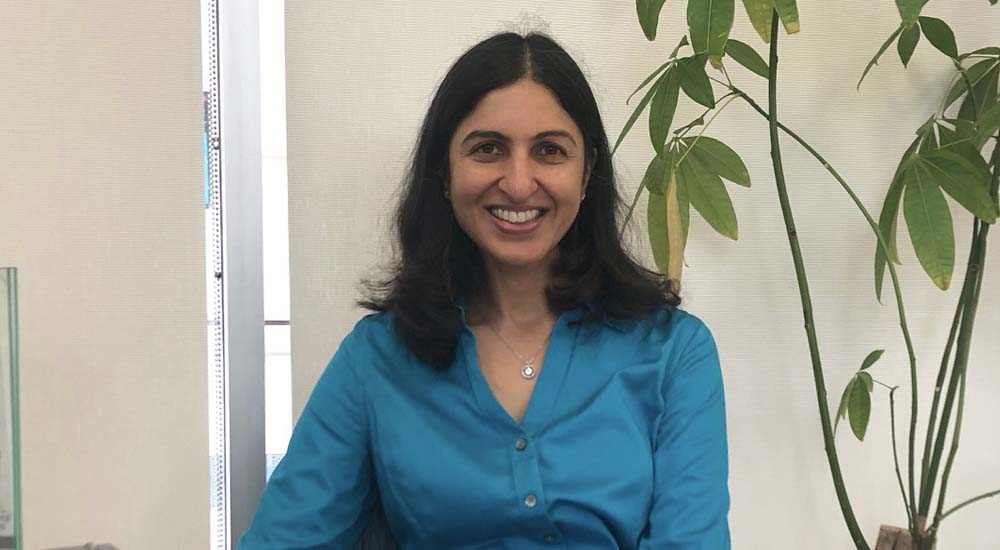By: Dr. Mruna Shah, Director of Global Health, Diversity and Health Equity
Over the last 50 years, Scarborough demographics have changed dramatically, with low and very low income households largely replacing middle income families. During the same period, the number of unemployed individuals, foreign-born residents, and racialized individuals has steadily risen.
This is important because recent evidence suggests that the Social Determinants of Health determine 50 per cent of our health, through three basic mechanisms:
- Access to material resources, such as food, housing, and social and health services;
- The impact on social relationships, and factors such as exclusion and discrimination; and
- Prevalence of high-risk, health-related behaviours such as drinking, smoking, and poor eating patterns.
In Scarborough, this income inequality and other adverse social factors have led to significant health inequities, with increased rates of diabetes and cardiovascular disease, and decreased life expectancies. In fact, in Ontario the number of potential years of life lost from being among the bottom fifth of lowest income earners is greater than that of all cancers combined.
These are longstanding challenges within our society, but perhaps have never been more visible than with the spread of COVID-19.
For example, across Toronto, we’ve seen a 50 per cent increase in COVID-19 rates among low income groups, while 61 per cent of people requiring hospital care were living in low income households. These rates are even higher in homes where multi-generational families live together. Data also shows that 82 per cent of individuals with COVID-19 in Toronto identified with a racialized group and 71 per cent of people requiring hospital care identified with a racialized group.
Scarborough doctors serve some of the most vulnerable and medically challenging patients in Canada. We provide care in a community where the inverse care law, or the principle that the availability of medical care and social services tends to vary inversely with the needs of the population served, holds true, and there are limited resources for patients who face challenges like low health literacy and financial stressors. We have a unique opportunity with our community, because we are often the point of first contact.
This is why we need to think upstream and find ways to address these social determinants of health to truly enable everyone to achieve their full health potential or health equity.
It is with this vision that the Department of Family Medicine, in collaboration with the Health Equity, Patient and Community Engagement Department at Scarborough Health Network, launched a health equity certificate program called the ROAD to Equity (ROAD stands for Reflection, Observation, Advocacy and Designing Change) last fall.
This two-year, one-of-a-kind program addresses the social determinants of health, teaches the fundamentals of equity and advocacy, and consists of two learning streams: one for family practice residents and one for doctors, SHN staff, and community health representatives. The program challenges participants to apply that knowledge and find ways to address the Social Determinants of Health, consider innovative ways in which to improve access and reduce barriers to care, and consider how to advocate for patients.
Our first cohort includes almost 100 enthusiastic family practice residents, doctors, interdisciplinary health care providers, patient and family advocates, hospital leaders, and more, who are learning from experts, local champions, and individuals with lived experience.
Our hope is that by bringing these stakeholders in health together, we will be able to develop new perspectives and tailored approaches to addressing health inequities in Scarborough. It is our first step along the ROAD to Equity and we are excited to see where the journey takes us.
The founders of the Road to Equity: Health Equity Certificate Program are Dr. Mruna Shah and Kristy Macdonell. The team includes Dr. Latif Murji, Dr. Saad Ahmed, Seemi Khan, and Sarah Hussain. Executive Sponsors: Dr. Larry Erlick, Chief, Department of Family Medicine, and Michele James, Vice President, Strategy and Transformation.

